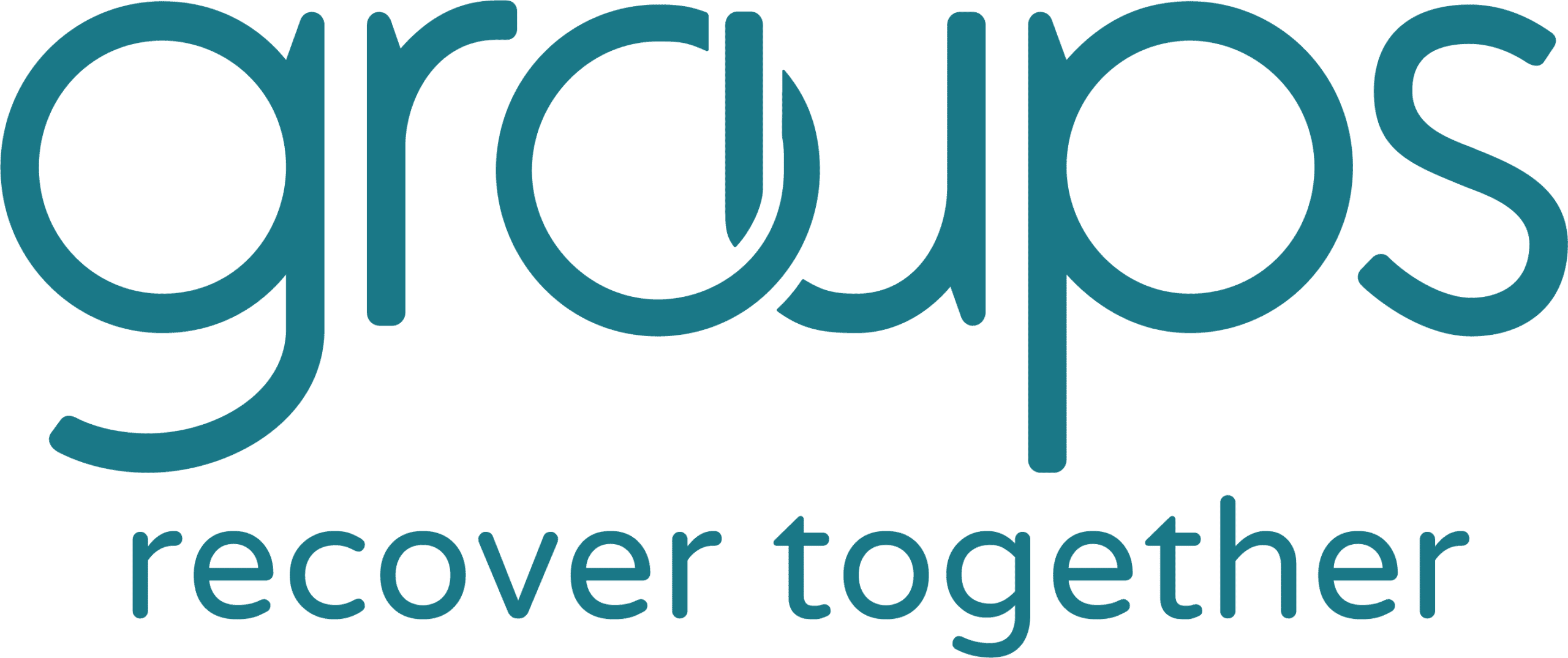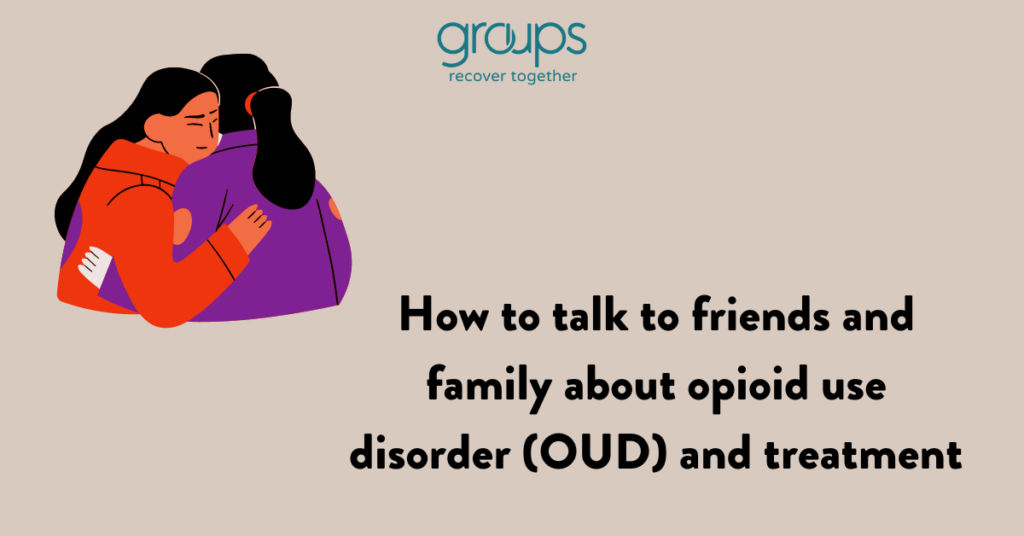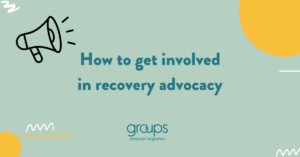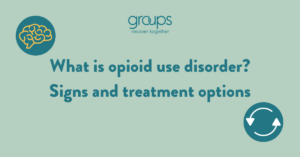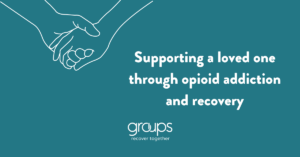Talking about opioid use disorder and treatment can be tough. Our experts are here to help.
When you make a big decision like starting treatment, it’s natural to want to share that with loved ones. There may be people you need to tell because they’ll drive you to group meetings. You may be on a family member’s insurance, so they’ll see when you start.
No matter the situation, talking about opioid use disorder (OUD) and treatment can be tough. To help guide you through the process, we reached out to Groups Recover Together staff members for tips.
Deciding who to tell and who not to tell
This is your life and your experience. “You get to decide who to share it with and when,” says Central Indiana Clinical Supervisor Lacey Miller.
If you’re not sure about telling someone, talk it through with a safe support person. This could be a trusted friend, a sponsor, or a counselor.
When might not sharing your experience be a good idea? “If it poses a risk to your well-being or safety,” explains Louisville, KY-based Counselor Marguerite Boone.
Approaching the first conversation with loved ones
Marguerite suggests coming from a place of openness. “Be honest and explain why you want them to be aware,” Marguerite says. “Be prepared to set boundaries and explain the [impact of] having support.”
Maine-based Office Manager Emmanuel says that timing and environment are important. “The first conversation should be introduced in a calm, welcoming setting. Avoid holidays where tensions run high,” Emmanuel explains. “Have someone as a backup in your corner to help build your confidence.”
It’s good to remember that this process can be hard for everyone, Lacey says. Lacey suggests trying to understand and using “‘I’ statements.”
Before going into the chat, Maine-based counselor Angie McAdam suggests getting into a positive headspace. “Practice mindfulness activities before having the conversation,” Angie says. “It can make all the difference in reducing tension or discomfort. It can also help with safe, productive communication.”
Talking about OUD treatment
Groups staff members recommend doing some research before discussing treatment. “People love [having] factual information to review. It helps ease the initial shock from a topic that carries such a heavy stigma,” Emmanuel says. “Let them have something tangible that they could review later on after the conversation.”
“A good resource can be your local recovery center,” Angie says.
If you’re a Groups member, “ask your office care team to provide materials so loved ones can … educate themselves,” Marguerite adds. “You do not need to do that work for them, but be open to educating them on why treatment is important to you.” You can “encourage them to educate themselves on the success rates of those in treatment versus not.”
Dealing with stigma and difficult emotions
“Know that not everyone’s experience and exposure with substance use disorder is the same. As a result, reactions can be very different,” Angie explains. “If someone responds in a way that does not feel supportive and/or is triggering, it is okay to take a step back.” Angie suggests taking time for deep breathing and grounding. “Come back to the conversation if it feels safe.”
If you do face stigma, share your treatment plan and “invite them to celebrate your successes,” says Lacey. And if you’re a Groups member or in a support group, that “could be the perfect place to find others on the same journey.” They “have more than likely had to have the same conversations.”
“Turn toward your emotions with acceptance,” suggests Portland, ME Recovery Support Specialist Stephanie Roberts. “Explore them and their potential causes to make sure you address them in the best way.”
Our staff recommends practicing mindfulness, trying to stay positive, journaling, and leaning on your support system.
“Remember that your feelings are valid, and that you are taking steps forward in your recovery,” Angie adds.
New to Groups? Groups is a leading opioid use disorder (OUD) treatment provider. We offer treatment that works and a supportive community as you build a life beyond drugs.
Groups members meet weekly with peers and trained counselors. They also get support for goals beyond recovery. We can help with housing, health care, food, jobs, school, transit, and more.
We believe that anyone who wants treatment should be able to get it. Groups accepts most insurance and Medicaid plans and can support uninsured folks.
Want to learn more about whether Groups is right for you? Give us a call at (888) 858-1723 any time, day or night.
